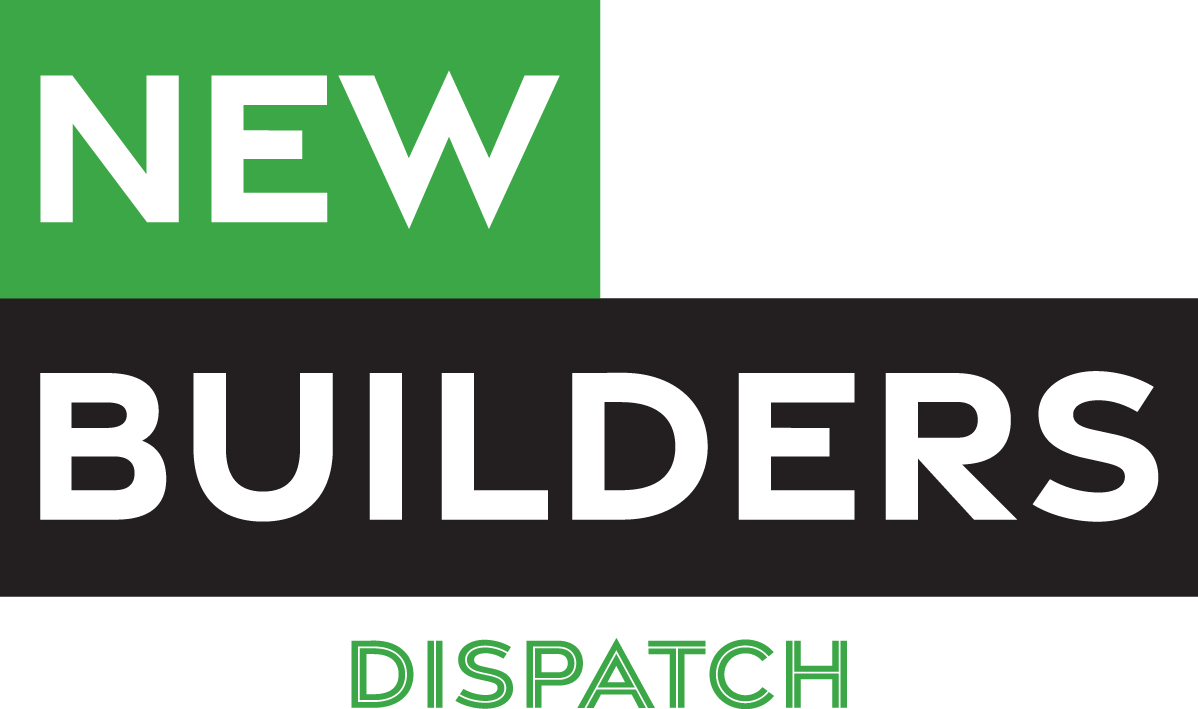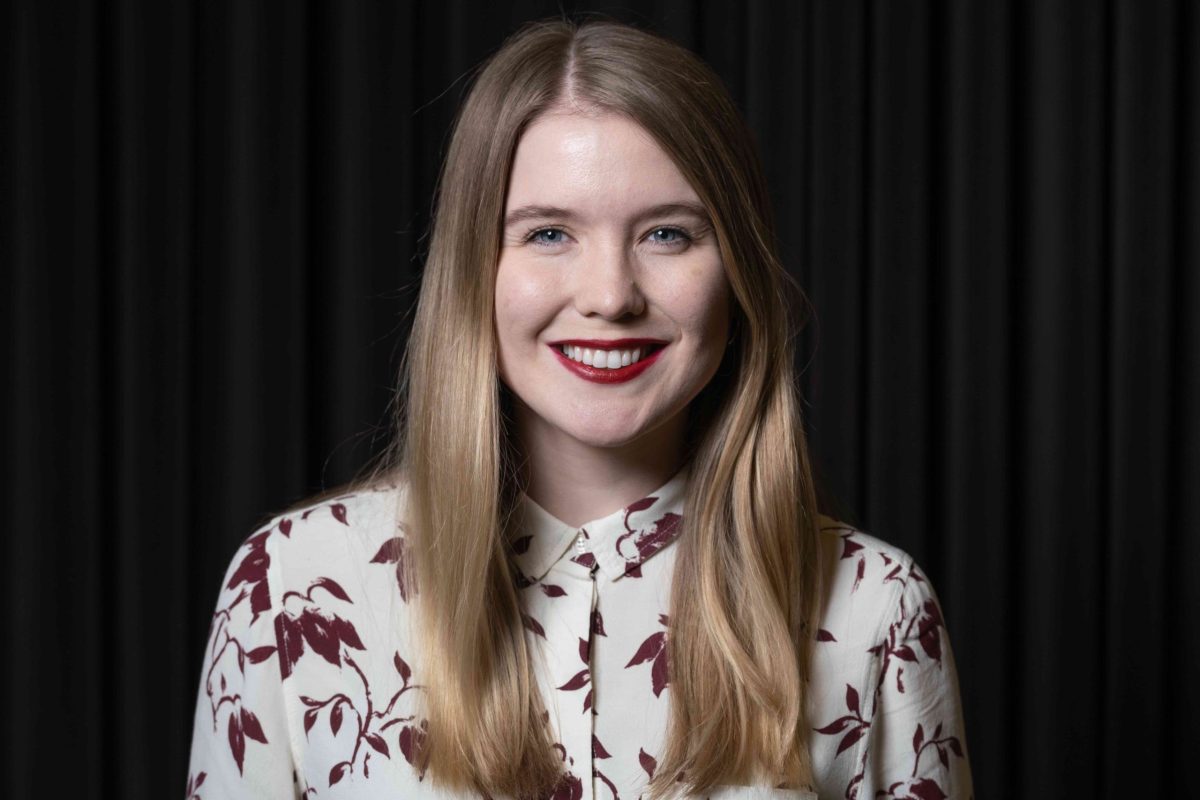
Times of E reporter Skyler Rossi interviewed Marissa Bronfman on Jan. 19 about a new impact fund she’s involved in called Kizmet Impact. The Toronto and Vancouver-based fund will invest in impact-driven entrepreneurs and plans to go public on the NEO Exchange later this year. Kizmet is tracking to be a $50 million fund.
Bronfman left behind two businesses – Shot of Gold, a tumeric product brand that helped girls in India, and We are Woman, an initiative for women and people of color in the food and beverage industry – to join the fund as its chief brand officer. Now, she hopes to support women through Kizmet. I really enjoyed her advice for women who are seeking funding.
Read more about Kizmet, including the fund structure and how the returns work, here.
The interview has been edited for conciseness and clarity.
Skyler Rossi: Can you tell me about the fund?
Marissa Bronfman: We’re looking for businesses that are making a positive change, whether it’s social or environmental, or both. And the really cool thing about Kizmet, unlike other funds, is that we’re about to go public. So historically, if you want to participate in a private hedge fund, or some other kind of fund, you’re looking to write a very large check, which most of us can never do. And you’re also going to have those funds locked up for a long time at the discretion of the fund manager. And that’s something else that most people can’t do, myself included. Why are millions of people who want to invest in the future and also build their own financial wealth and independence left out of these really amazing impact businesses? So at Kizmet, we were like they shouldn’t be. Anyone can invest in our fund, which is pretty revolutionary. And they can do that by buying one stock or many. So if you only have a few dollars, you know, we say that’s fine, be a part of our journey. And then of course, if you wanted to invest more, that’s, that’s also into you.
SR: That’s cool. What exchange will Kizmet be on?
MB: It’s going to be on NEO, a super forward thinking exchange. We’re really excited to be associated with them. It’s something new and different, really accessible for the individual investor.
SR: I know you were an entrepreneur for years before moving into the investing world. But you left your businesses to work on this fund, right?
MB: Yes. A lot of things in my career have happened out of personal passion or seeing a gap in the market. And as anyone would say, being an entrepreneur is such a roller coaster. So I think now being a part of Kizmet, which in some ways feels like a startup, it feels great, because I really understand the other side. I think sometimes investors have a very specific way of looking at things and entrepreneurs on the flip also do, so to have both perspectives now feels really awesome.
SR: What made you take the leap into investing?
MB: You know, it’s funny, because Kizmet means destiny. And I always tell everyone that I truly believe this is my destiny. Last year, I was working on a possible acquisition for Shot of Gold. So that was sort of moving into the investment world in terms of an acquisition. And I had a woman venture capitalist who was helping me structure the deal. Whenever I can, I want women to be involved and for women to be at the top. So that felt really cool to have a woman VC doing that. And in the end, the acquisition didn’t work out, which is very common with lots of different companies. And so this woman said, All right, well, let’s at least introduce you to other plant based venture capital companies or venture capital companies in the CPG space. And she made an introduction to our founder, who was not the founder at the time – he was with another big venture capital company. We hit it off. And then he let me in on the secret and they invited me to join them. And I couldn’t turn it down. I knew that this was the next phase in my career.
SR: I know that with We are Women that you worked closely with women in the food and beverage industry. And I’m curious, what will it take to support women and also underrepresented founders, like people of color, the LGBTQ+ community and other diverse founders, and bridge the funding gap?
MB: That’s such a powerful question. There’s many things that have to change. And some of them are systemic. Many of them start with, what do we teach our kids as small children? There’s a lot of videos online that show what we teach boys versus what we teach girls, for example.
For a more simplistic answer, I think it’s all about awareness. So can we create more awareness, more opportunities for women founders, and especially minority women founders, to talk about their business, talk about their ideas, get their ideas funded. We often hear about young white males that don’t even have a product or company, they just have an idea, and they get funding. Then there’s women who have businesses, and they’re making over $2 million in revenue and can’t get funding or can’t get the meeting or can’t get a seat at a table. So I think all of us have to make a concerted effort to not only give those women time to share, but we also have to seek out those women – as much as women have to seek out having those conversations, we also have to look for them.
SR: That makes a lot of sense.
MB: Truthfully, I felt a couple years ago that I knew a lot of founders in food and beverage, and I thought I knew a lot of women. When I looked at my network, I realized my network was largely white. And of course, that was not by design. Unfortunately, that is what the industry looks like. And so I started doing what I just said all of us have to do: I started asking people I know, can you make an introduction to a woman who’s in this space, who I might not know who’s Black or indigenous? I started meeting different organizations and saying, okay, I need help meeting founders, I want to meet them, I want to talk to them, I want to tell their stories.
SR: What steps does Kizmet plan to take to diversify its portfolio as you build it, and then also seek out these women as you’re saying?
MB: We’re doing two things at Kizmet. We’re looking for companies, primarily, like I said, that are making a social and or environmental impact. But we are also looking for companies whose founders and or advisory boards or network has some diversity. And truthfully, in the startup world, this is sometimes hard to achieve at an initial level. And as companies grow, they bring on more diversity, and they work on inclusion and equity. But we’re very much looking for diversity and founders and companies as much as we can. The second thing that we’re doing is ensuring that once we’re public, that women feel really comfortable to invest with us. We really want to make sure, like I said, that we’re transparent, that we’re accessible, we’re open to answering anything and everything.
SR: What is your advice for women who are raising a social-impact driven business and are looking to raise funding? How do they get funded? What steps should they take?
MB: There’s three main things for women that have an impact business and are looking for funding. One, I would say, build your network as soon as you can. Hop onto LinkedIn, read as much as you can. If you read about a cool founder or investor, reach out to them. I think for the most part, people are really open to having conversations. And I would say, most people don’t have too much time, but they want to make the time for you. So if it comes down to they’ve made time for a phone call or video call, or who knows with COVID, but a coffee in person, have specific questions. Don’t ask something that you could have read an article about them online.
The other thing I would say, that’s really hard, and it’s something that I’ve had to learn through the years, is ask for help. There is nothing weak about saying you need help. Everybody needs help, everybody gets help, every successful person has been helped in many, many ways. Part of that is knowing what your strengths are. And then know where you need help and find people that will complement your strengths, and support your weaknesses.
Then third, you want to validate your idea before you put a lot of your own savings into it, and before you go out for investment. And I wouldn’t say this is true 100% of the time, but largely it is true. Do people actually want your product or service? Is there a market fit? Are you the best person or one of the best people to offer this thing that you want to create and put out into the world? So some of the ways that you can validate that is you can create a minimum viable product. So it doesn’t have to be like the sexiest packaging or you know, it doesn’t have to be the largest quantity, create something small and give it to friends or give it to a network.
SR: Thank you. It was really great to meet you. And good luck with the rest of your launch.
MB: Thanks so much. Skyler.

